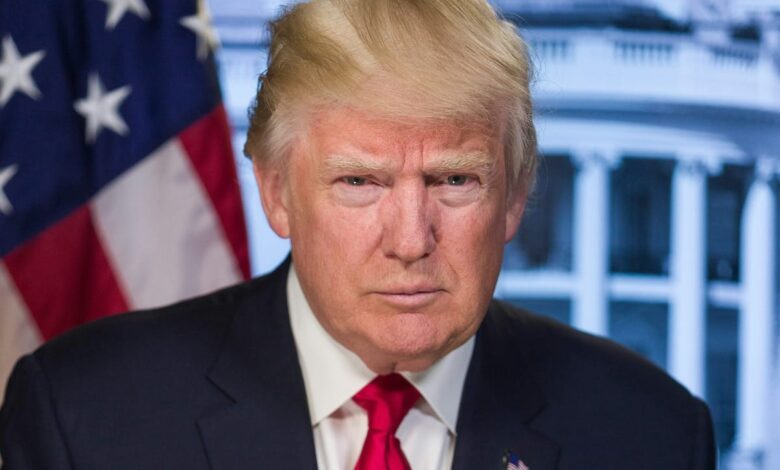Adobe’s new Firefly 3 AI won’t show you Donald Trump or…

Adobe’s latest foundation model for image generation lets users prompt it for pictures using a “reference image” – but won’t be tricked into showing you Mac Miller eating a hamster or Donald Trump fighting Tyson Fury.
The company’s Firefly Image 3 Foundation Model, which saw a beta release on April 20, uses what Adobe calls “Structure Reference” to “eliminate the trial and error of having to write the perfect prompt.”
i.e. You can put a photo you took or upload a third-party one as the Structure Reference to influence the generated image.
Ely Greenfield, CTO, Digital Media, Adobe, said: “We cannot wait to see how our creative community will push the bounds of what’s possible with this beta build.”
An underlying new AI engine lets users generate photorealistic quality images with “better lighting, positioning, attention to detail” Adobe added.
“Never seen” Donald Trump or Joe Biden
The foundation model was trained solely on data with an explicit licence allowing AI training; the vast majority of this was Adobe’s own library of stock photos, CTO Ely Greenfield earlier told the MIT Review.
As he put it, Firefly has never “seen” a picture of Joe Biden or Donald Trump; a decision made to avoid the AI image generation software being used to generate convincing but misleading AI-generated images.
A swift check by The Stack suggested that “Structure Reference” could not be used to bypass these safeguards; showing Firefly 3 an image of Trump and asking it to “use the person in the reference photo eating a burger” did not result in an image of Trump holding a burger.
Adobe said it uses a “multi-layered, continuous review and moderation approach to block and remove content that violates Adobe’s policies and offers customers IP indemnification for Firefly generated content.”
The CEO of generative AI competitor Midjourney in 2022 admitted to using images of artists and other creatives without consent.
Among other new capabilities, Adobe said it is now letting enterprises train a custom version of Firefly with their own copyrighted brand images, logos, characters and styles and will “attach Content Credentials to assets produced within our applications so that people who work with or view the content can see how it was made, including what AI models were used to generate the content created on our platform.”



